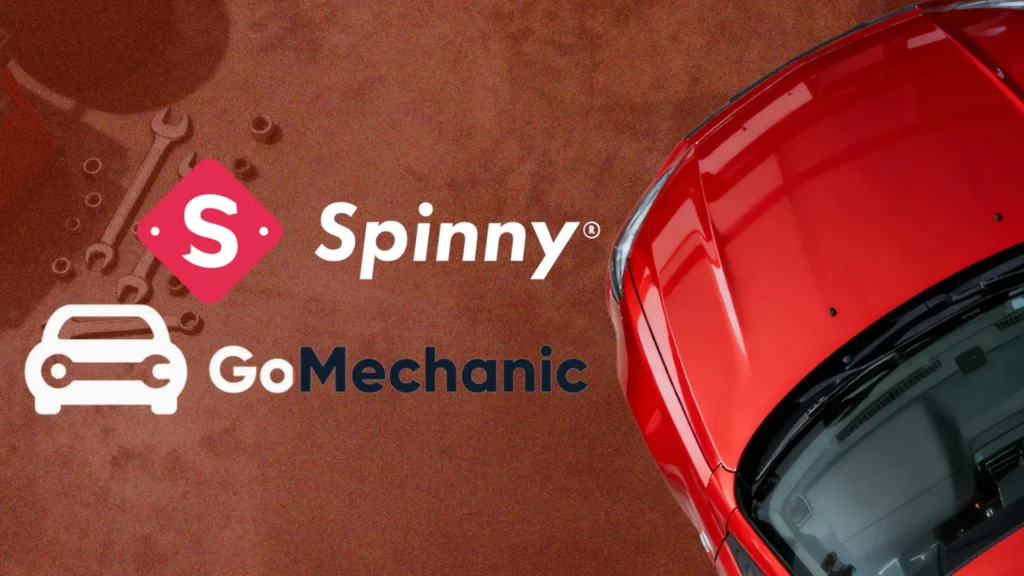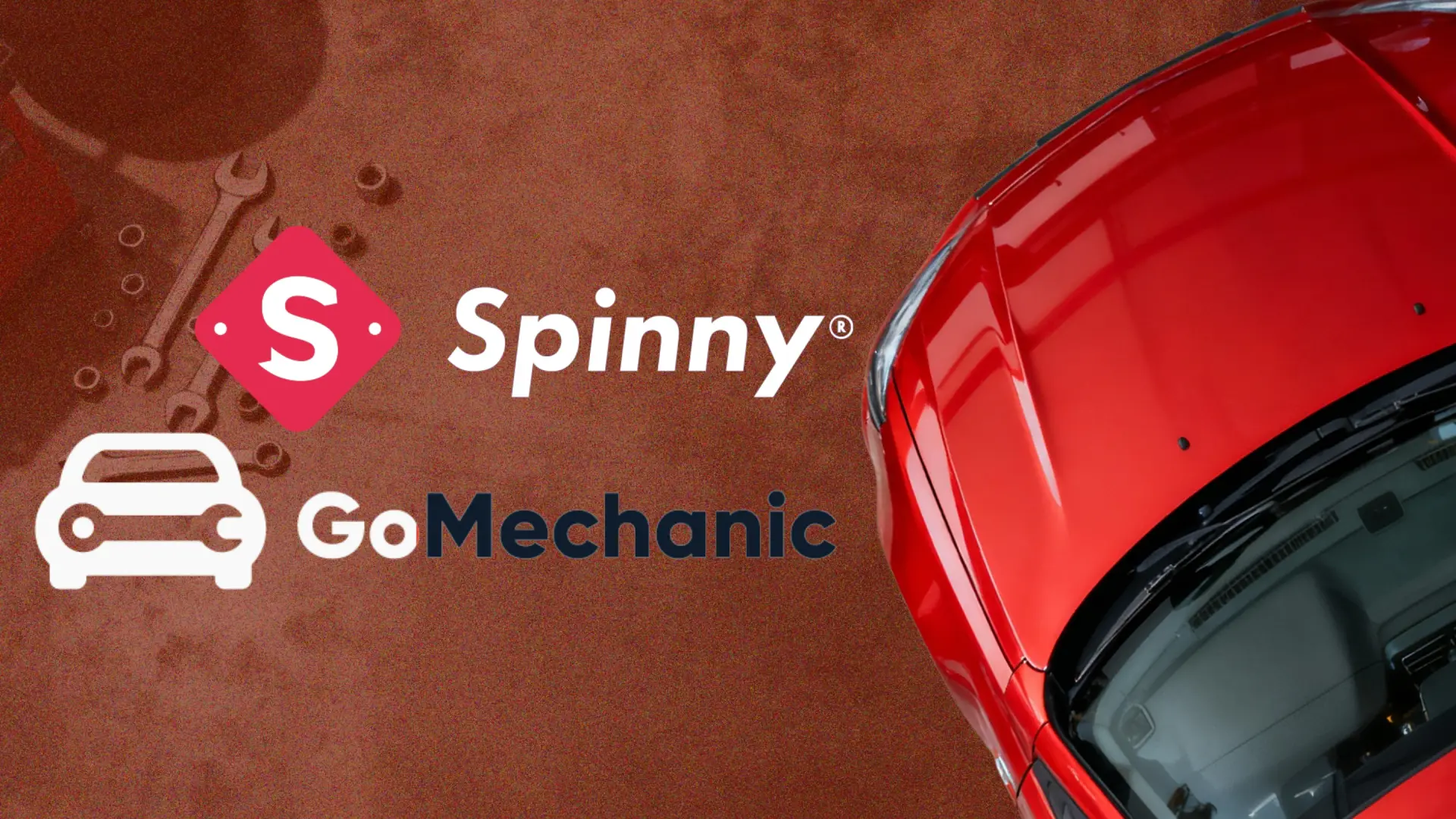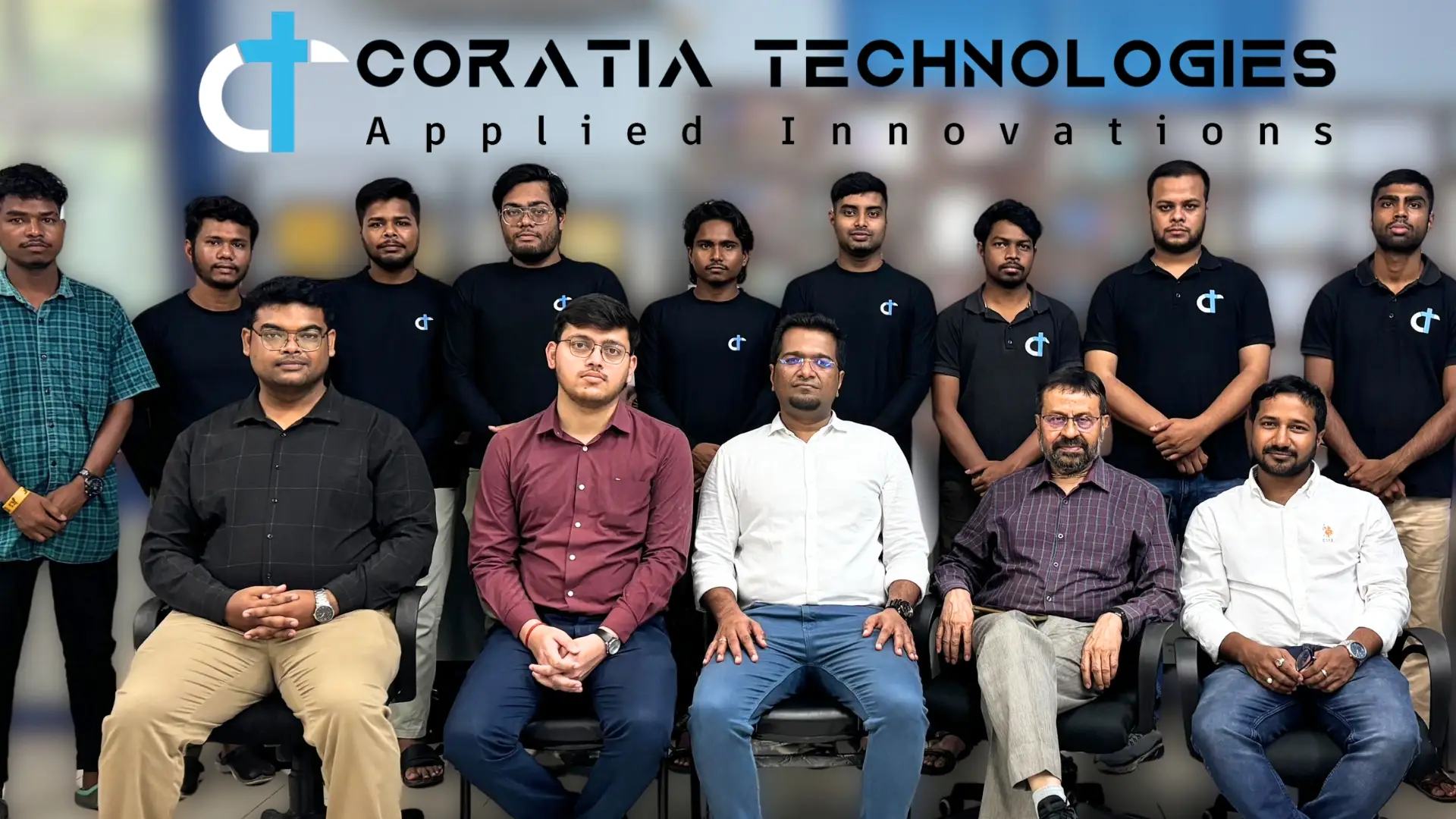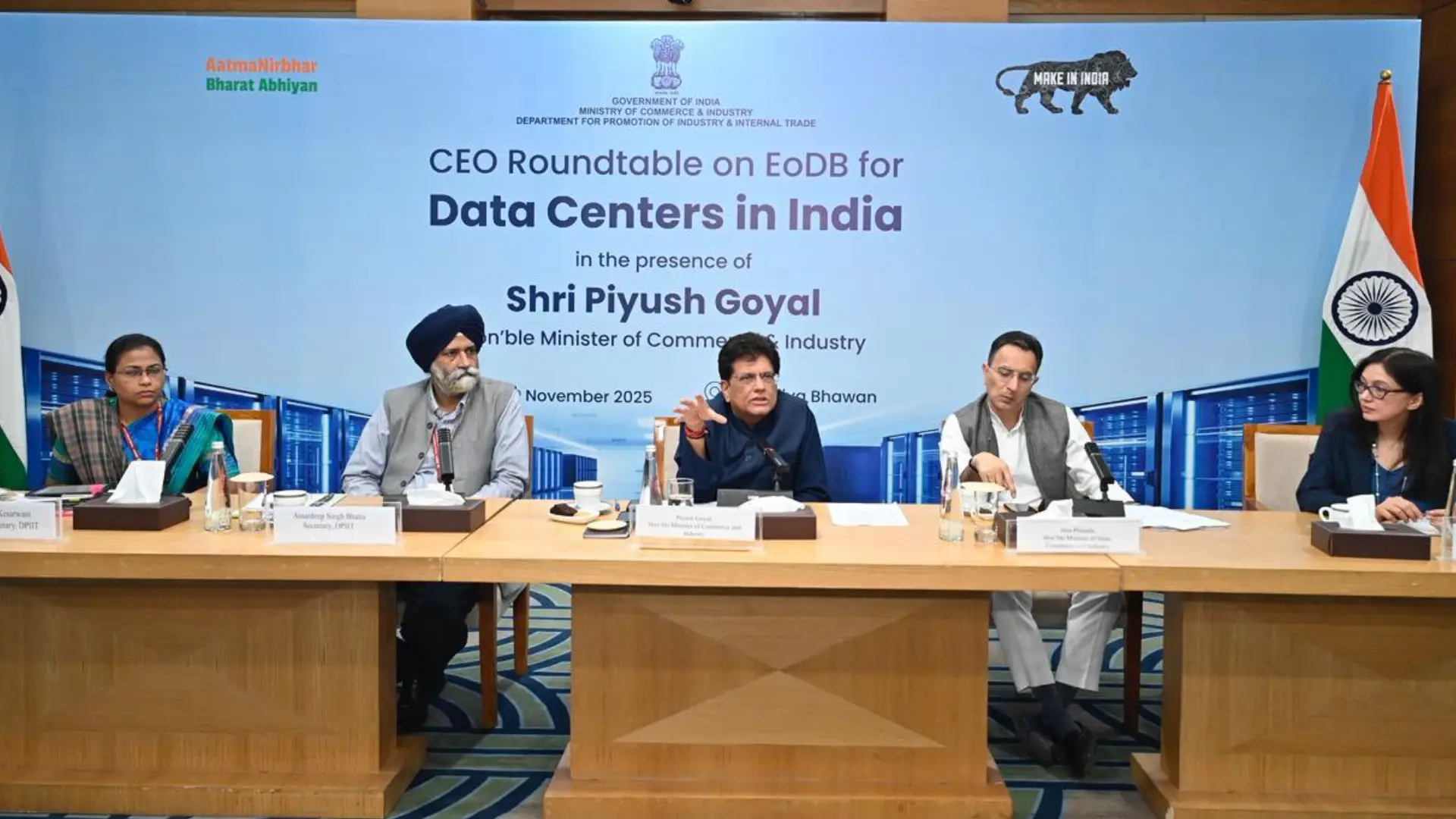India’s auto tech sector is undergoing a massive transformation with acquisitions, funding, and a strong consolidation amongst the players. A few weeks back we saw the news of CarTrade acquiring CarDekho, and just within no time, there is other news that made it to headlines.
Spinny is all set to acquire GoMechanic in a deal reportedly valued at around ₹450 crore. And this immediately raises a few big questions: Why is GoMechanic getting sold? Why is Spinny so interested in buying? And most importantly, how did the GoMechanic scandal change the entire direction of the company?
This acquisition is not just a distressed asset changing hands. It marks a deeper shift in the future of India’s auto-tech ecosystem. Let’s break it down.
To understand the significance of this deal, we first need to understand what Spinny does, what GoMechanic was built for, and why this acquisition even matters.
Spinny is one of India’s leading full-stack used-car retail platforms. Unlike traditional marketplaces that simply list cars, Spinny controls almost the entire purchasing experience, from the inspection, refurbishment, and certification of the car to its delivery, warranty, and buyback.
GoMechanic, on the other hand, was built to solve a completely different but equally important problem, which is after-sales car servicing. It promised standardized repairs, genuine parts, transparent pricing, and convenience in a market dominated by fragmented, unorganized garages. So, when a company like Spinny decides to acquire GoMechanic, something bigger is happening.
Along with this, first let’s understand the situation of GoMechanic first and then the deal.
To understand this, let’s go back to rewind the chain of events that triggered one of the biggest governance failures in India’s startup ecosystem.
For many years, GoMechanic financials appeared to be perfect and clean. Earlier, the company’s financials were audited by smaller firms, and in FY20 (2019–20), even PwC signed off on their books.
In FY21 and FY22, BSR & Co., a sub-licensee of KPMG, audited GoMechanic’s statements and, according to sources, issued no qualifications. This means that even one of the most reputable audit firms didn’t flag any concerns at the time. But things changed when GoMechanic attempted to raise its next big funding round.
GoMechanic tried to raise around $75–80 million in a Series D round from SoftBank’s Vision Fund and Malaysia’s Khazanah Nasional. Like every major investor, SoftBank initiated a stringent financial due diligence process. They appointed EY to conduct the audit.
And what EY found has shocked everyone. According to Bloomberg and Moneycontrol reports, EY identified major discrepancies across GoMechanic’s operations. Out of more than 1,000 service centers, nearly 60 service centers showed signs of violating accounting norms, overstating revenue, and even diverting funds.
Not just that some garage partners were found earning extremely higher revenues. And they found out that they did all of this to impress investors. Immediately the funding round stopped, and other investors also stopped showing interest.
And later in a meeting with existing investors, GoMechanic’s founders themselves admitted to the financial irregularities. They accepted there were inflated numbers, misreported revenues, and misrepresented operational scale.
This led to troubles and turbulences within the company and led to layoffs. And eventually this has become a distressed asset.
Now, GoMechanic went into trouble. This is one side of the story.
The next part is Spinny’s plan. Spinny controlled the front half of the journey from car discovery to warranty. But after the sale, the customer moved elsewhere for servicing, repairs, and maintenance. Now if it acquires GoMechanic, Spinny can control the remaining half of the journey. From periodic servicing, repairs, accessories, and breakdown assistance.
And one of the most important points is that the after-sales market in India is estimated to be worth ₹30,000–40,000 crore, and nearly 90% of it is unorganized. This is a gold mine.
Now GoMechanic is already having some establishment in the market; due to its concerning factors, the valuation has also dipped.
Now Spinny got a great deal for about INR 450 crore. With proper processes, training, and standardization, Spinny can convert GoMechanic’s broken network into a stable, high-trust, high-efficiency service ecosystem.
With this, Spinny immediately elevates to a full-stack mobility ecosystem. This will help them to get recurring revenues, resale transactions, and upgrade purchases.
Revenue sources will increase for Spinny. So, at the end, what we need to realize is that GoMechanic’s fall may have started with governance failures, but its underlying infrastructure, brand recall, and market presence still hold value.
And if executed well, this acquisition could very well redefine how India buys, services, and maintains cars in the years ahead.
Also Read: Are We Rewarding the Wrong Game? Profits vs Valuations in India’s New Economy










